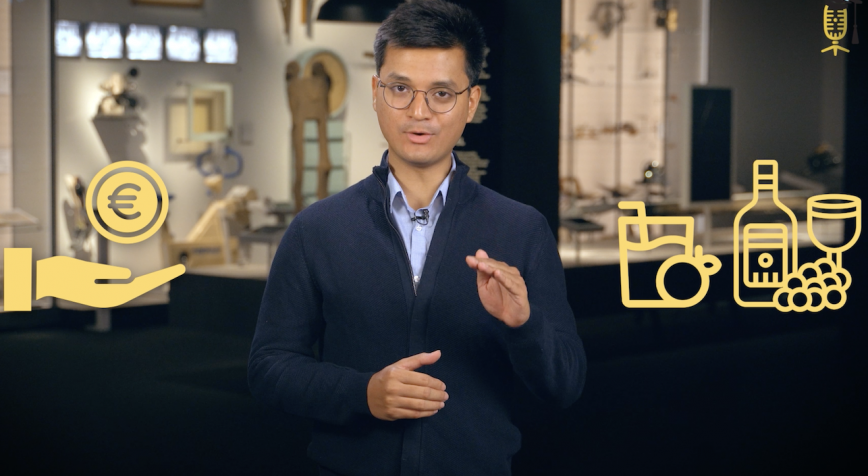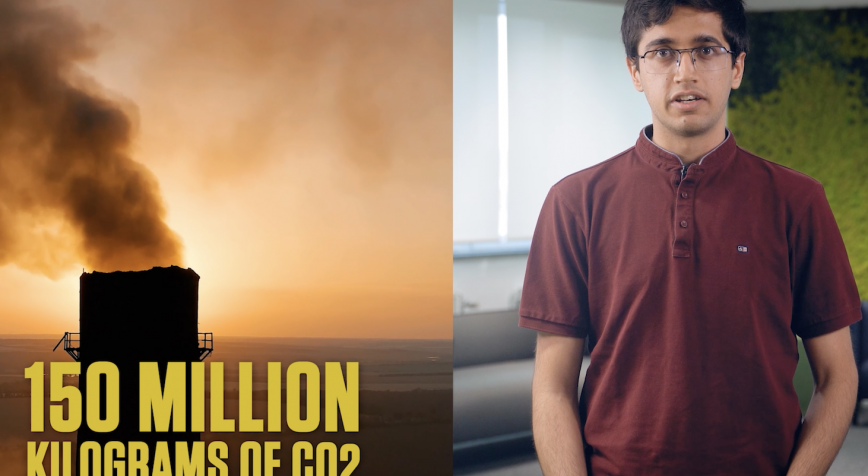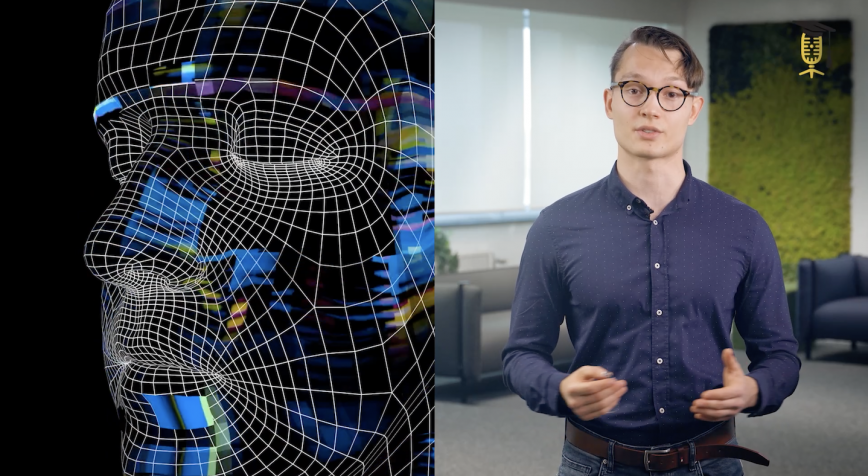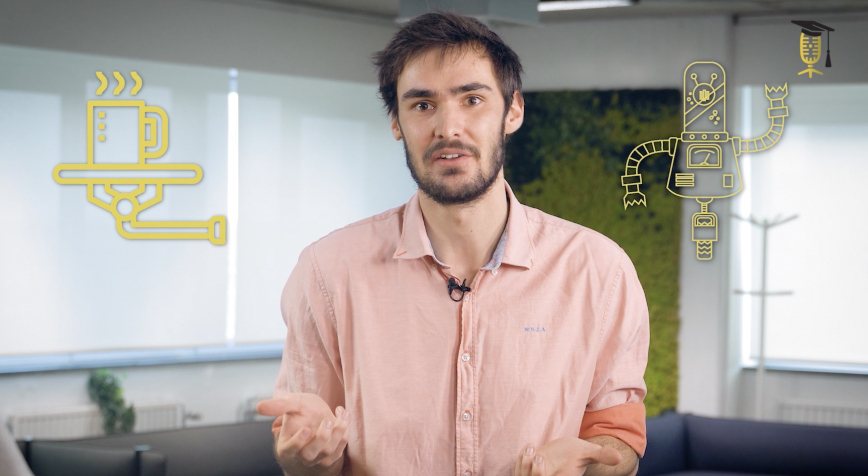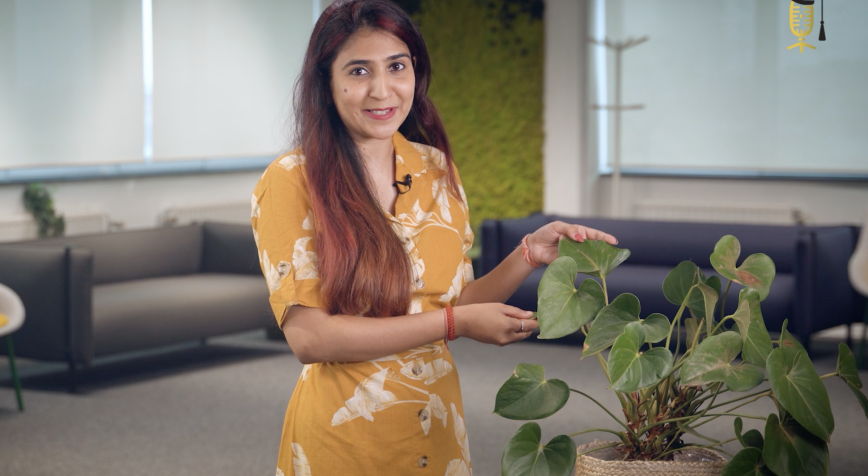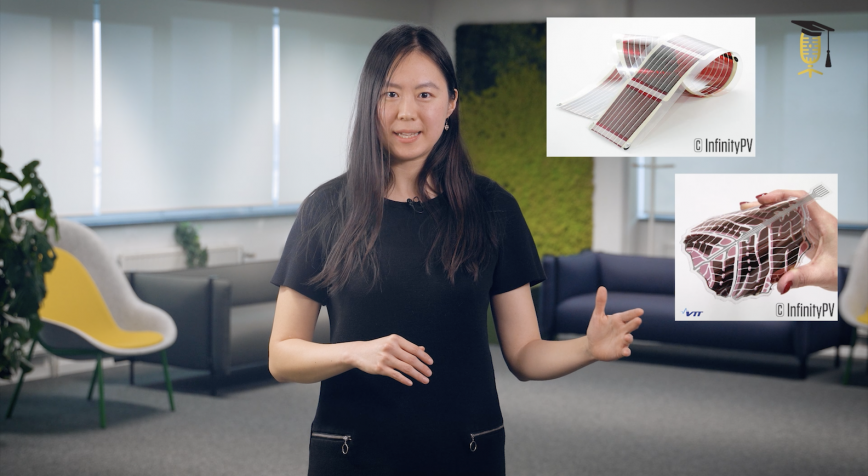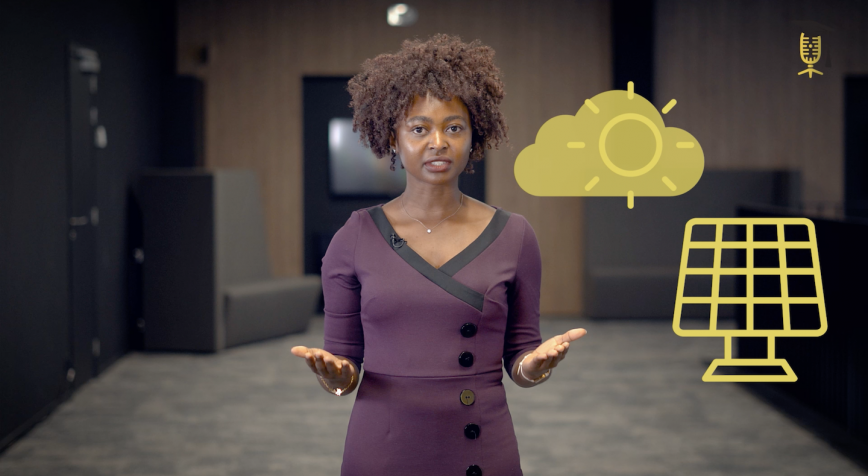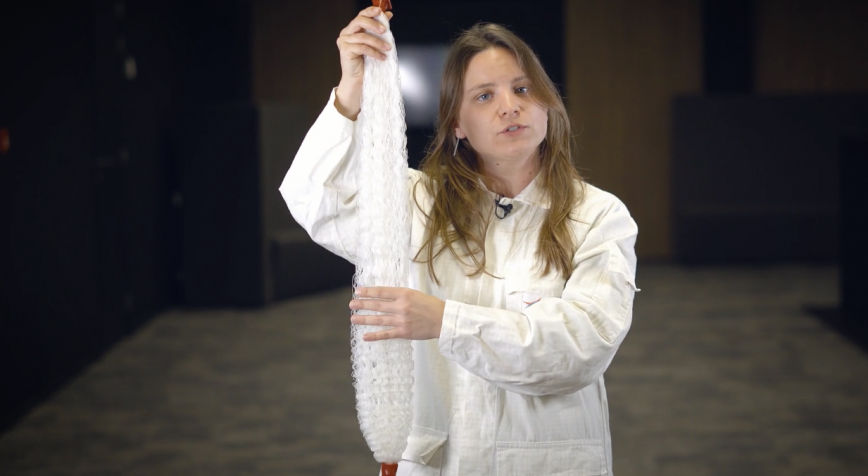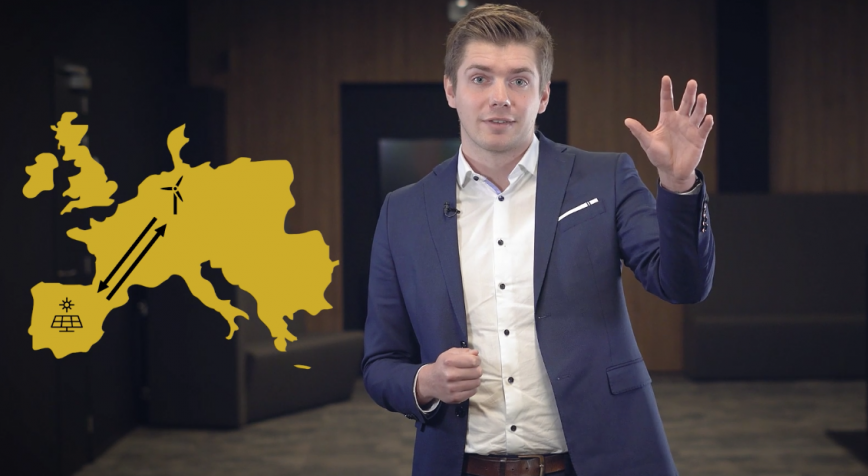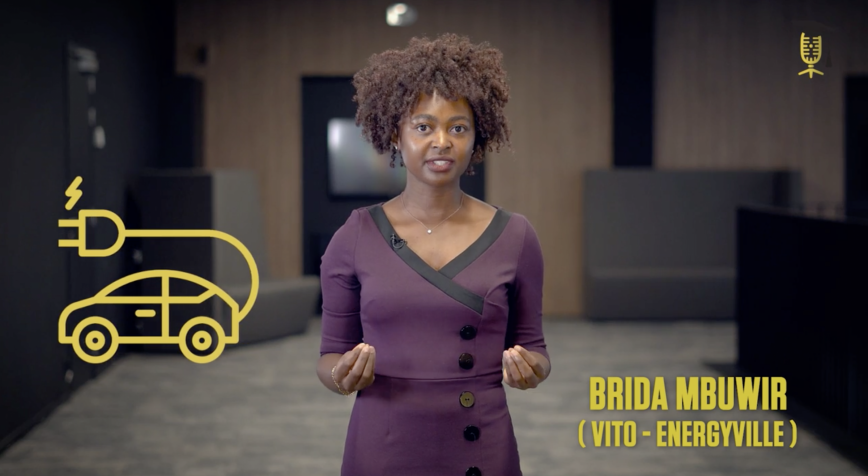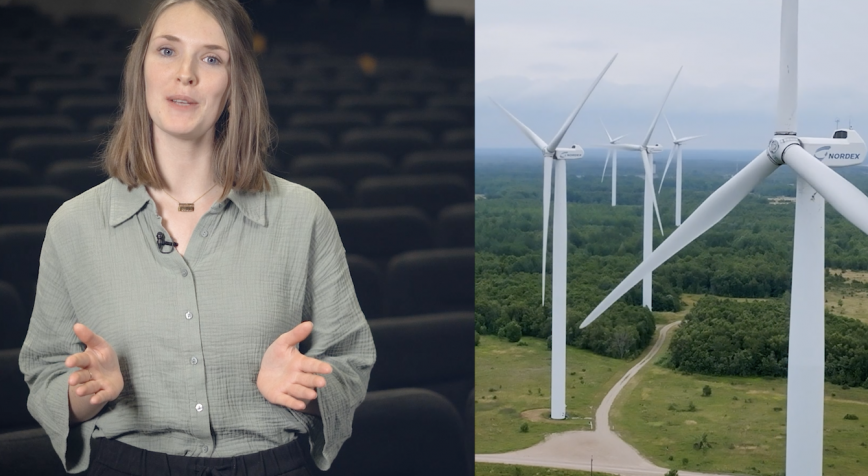
FWO
VITO
VUB
Recyclable thermosets from wood waste
Did you know that the average lifespan of a wind turbine is 20 years? After that, unfortunately, wind turbines end up in landfills as they are built from thermosets, materials that can't be recycled (yet). "It's time to change that", says Marlies Thys. She is looking into making recyclable thermosets by using ... wood waste.
